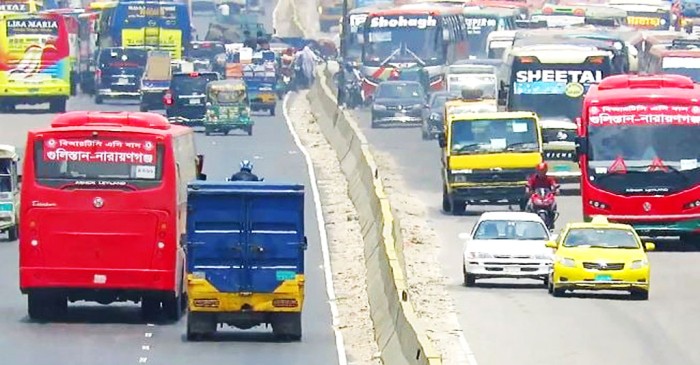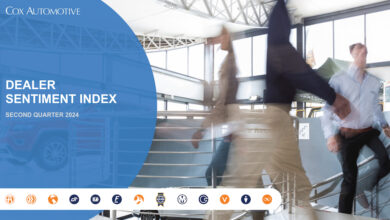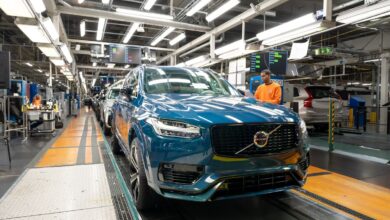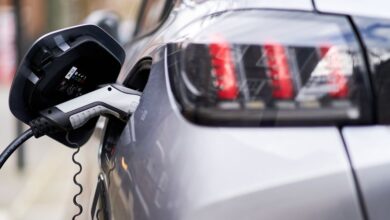New Age | Freedom, egotism and the automobile

ONE of the great attractions of a personal motorised vehicle (car or motorbike) is the freedom it affords to travel where and when you wish. Drive where you want, unconstrained by bus schedules and routes, enjoy privacy, the illusion of safety, and independence. On the contrary, you have to abide by the routes and schedule (or lack thereof) of buses and trains and you are forced to share space with strangers.
Perhaps before I continue, I should admit that for me, one of the great attractions of public transit is the opportunity to be with strangers. On one bus I rode, a small child was beyond himself with joy at the opportunity of giving a little baksheesh to a beggar. His was a delight to see. I regularly chat with people on buses and trains, adding pleasure to the journey. Urban life isn’t meant to be about isolating yourself from others in a one-tonne steel box: the whole point of cities is that the conglomeration of many people in a small space provides endless opportunities for the exchange of information, ideas and commerce.
The automobile (and motorcycle), meanwhile, feed our ego. They make us believe that the roads belong to us, that all other road users — people walking or using bicycles, rickshaws, buses, and yes, other cars — are annoying obstacles. We are important; they are not. That egotism is fed with the ease with which we can inflict severe physical harm, nay, even kill other road users — get out of our way or else!
With our constant honking, we feel free to annoy everyone around us with impunity, including those trying to work or study or sleep nearby. Such antisocial behaviours are destructive to community and our better selves. The idea that the car (or motorbike) makes us the king of the road is anti-democratic. It posits that the rich are, by definition, more valuable than the worker bees who support the very economy that generates the wealth enjoyed (but not shared) by the rich.
As for the constraint of schedules: if transit only comes by occasionally and on limited routes, you find yourself planning your outing according to that schedule and those routes. Is that necessarily a bad thing? Perhaps, it’s another personal eccentricity, but I find myself enjoying those limits. It reminds me that I am not the centre of the universe, that I can’t always have things my way, that there are forces above and beyond my wishes which I do not control. Those constraints also remind me of the need to live within planetary limits.
In many cities around the world, there is a very real constraint to using the car: the limited availability of parking. Car trips involve planning: where to park? How much will I have to pay? Is it worthwhile to drive if I plan to be there all day and thus pay an exorbitant amount simply to store my vehicle? In Dhaka, in contrast, the very idea of parking limitations seems outrageous: once I buy a car, surely I have the right to deposit it in public space for as long as I wish for at most a nominal fee! Again, pure egotism; there exists no basic right to store private property in public space and storing your car (or riding your motorcycle) on footpaths is the very definition of anti-social behaviour.
I don’t expect to convince anyone that life is better without a car (and oh so much cheaper). There are many problems with our public transit besides the constraints of routes and schedules. Nor do I imagine that I will necessarily convince you that our cities would be vastly better if they were designed for the safe and convenient movement of people, not personal motorised vehicles (although they sure would be). I only humbly hope to give people a little food for thought about the nature and harm of egotism — and the benefits and even pleasures of more sociable thinking and living.
And of course, if we really want to be liberated from constraints without harming others while moving about in cities, we could just ride a bicycle.
Debra Efroymson is executive director of the Institute of Wellbeing.




